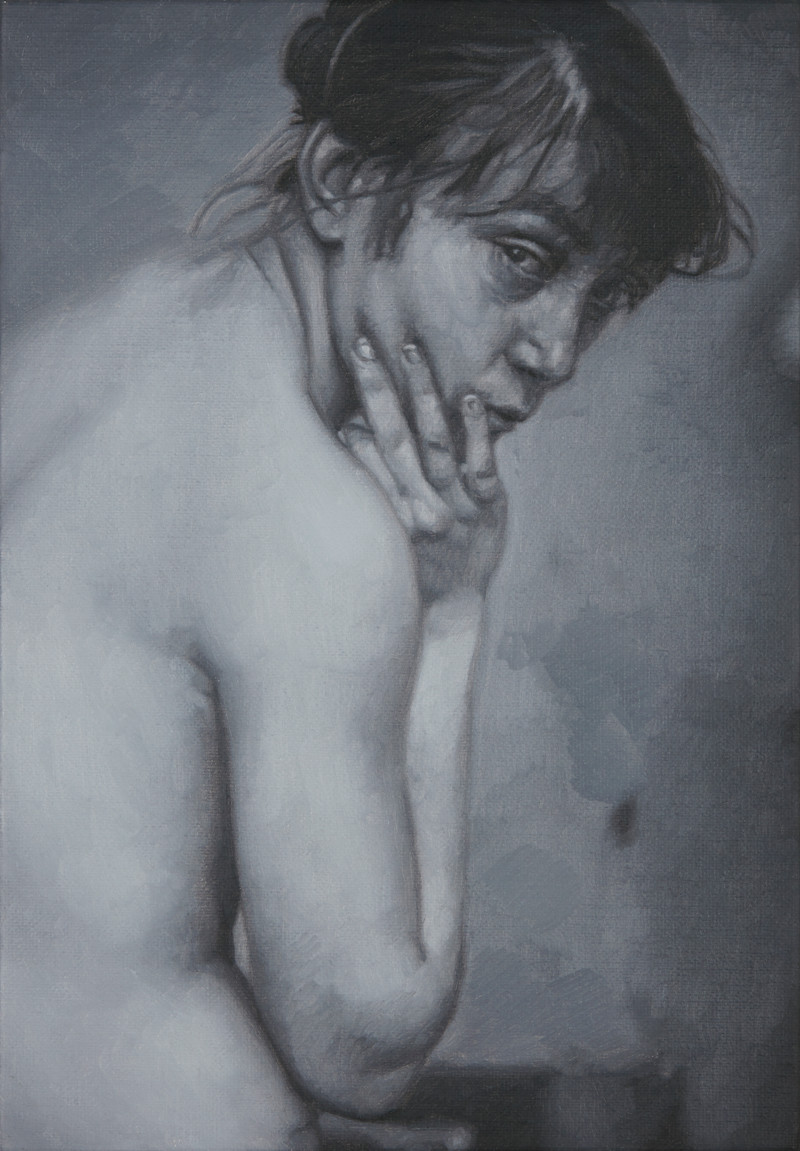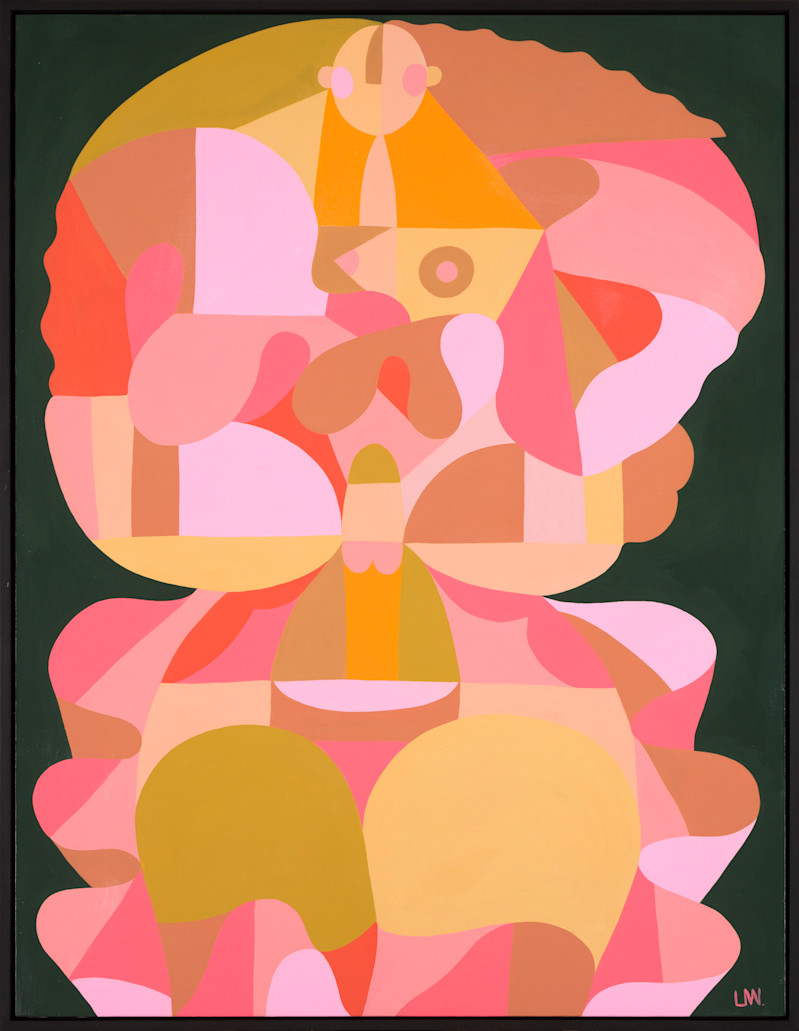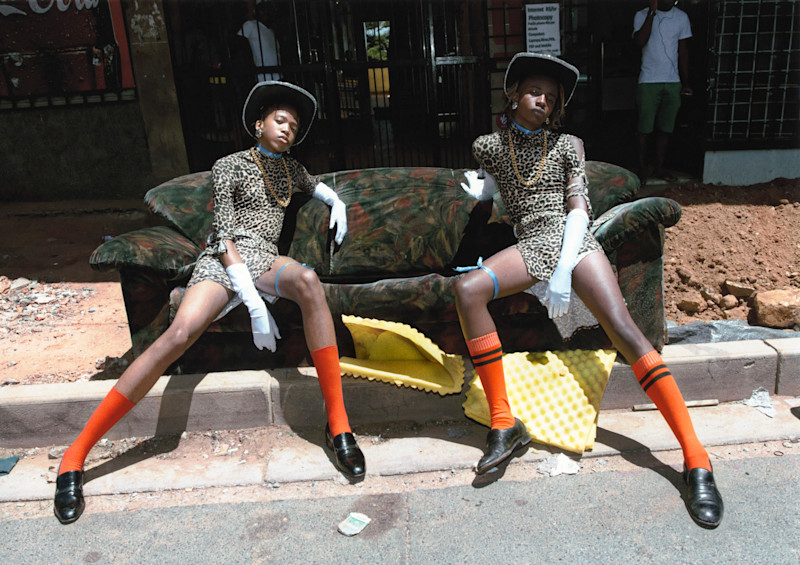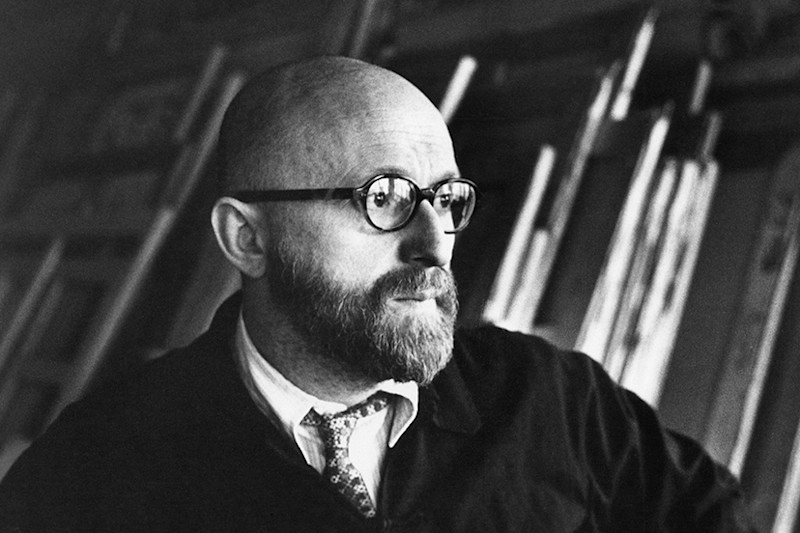New Swedish Painting to Kick Off CFHILL’s Autumn Season
In Focus
August 19, 2018

Painting will take centre-stage at CFHILL when our doors reopen on 31 August. While Tomas Lundgren explores the hidden meanings of black and white photography from the turn of the last century, Liselotte Watkins has created her own anarchistic brand of fauvist-cubist abstraction. Her recent paintings will be shown alongside a selection of rarely seen works by expressionist Sigrid Hjertén.
Forever Someone Else. Tomas Lundgren, born in 1985, has won increasing acclaim for his uniquely distinctive and peaceful explorations in painting. He has been shown at Färgfabriken, Göteborgs konsthall, and Moderna Museet Malmö, and is a recipient of Beckers Art Award and the Fredrik Roos Art Grant. In this, his second exhibition at CFHILL, Tomas Lundgren delves even deeper into the debris of old archives and history. He sifts for clues in artless photographs found in the periphery of our collective memories. With unbelievably painstaking care, he works through a succession of layers with his brush, like an archaeologist of sorts. His black and white paintings oscillate between a thousand shades of grey.
The most monumental of the pieces in the exhibition, Reenact, measures 270 x 190 cm, and is a recreation of a photograph once used by Czech artist Alphonse Mucha, who is famous for his Art Nouveau illustrations from the turn of the last century.
Liselotte Watkins/Sigrid Hjertén. In the 90s, she was an immensely influential fashion illustrator, both in Sweden and on the international scene. Since then, through her geometrically constructed paintings and her playful use of colour, Watkins (b. 1971) has come into her own as a tremendously productive generator of peculiar worlds and imagery.The common thread here is women and the worlds they inhabit. These were also significant themes for expressionist Sigrid Hjertén – whose great influence on Watkins resulted in a TV programme produced earlier this year. The exhibition also includes a number of works by the earlier artist. None of the selected works have been shown publicly for at least 10 years, and they all date back to the 1910s to 30s, the period when the influence from Matisse was at its strongest. However, this was also a time when Hjertén focused on motifs related to female roles, both those of her own alter egos and those of the women around her.

Tomas Lundgren Reenact II 2018 Oil on canvas 29 x 20 cm

Liselotte Watkins Luigina 2018 Acrylic and lacquer on canvas 130 x 100 cm



